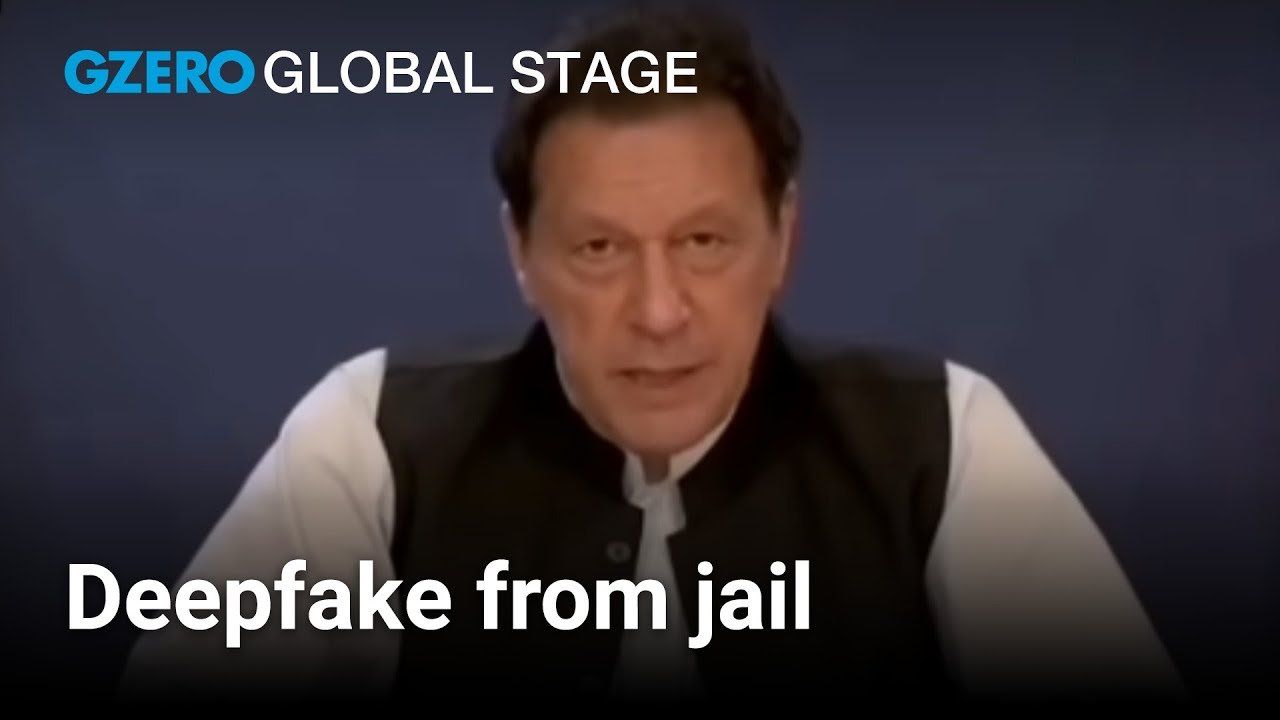
Former US National Security Council advisor Fiona Hill has plenty of experience dealing with dangerous dictators – but 2024 is even throwing her some curveballs.
After Imran Khan upset the Pakistani establishment in February’s elections by using AI to rally his voters behind bars, she thinks authoritarians must reconsider their strategies around suppressing dissent.
Speaking at a Global Stage panel on AI and elections hosted by GZERO and Microsoft on the sidelines of the Munich Security Forum, she said in this new world, someone like Alexei Navalny “would've been able to use AI in some extraordinary creative way to shake up what in the case of the Russian election is something of a foregone conclusion.”
The conversation was part of the Global Stage series, produced by GZERO in partnership with Microsoft. These discussions convene heads of state, business leaders, technology experts from around the world for critical debate about the geopolitical and technology trends shaping our world.